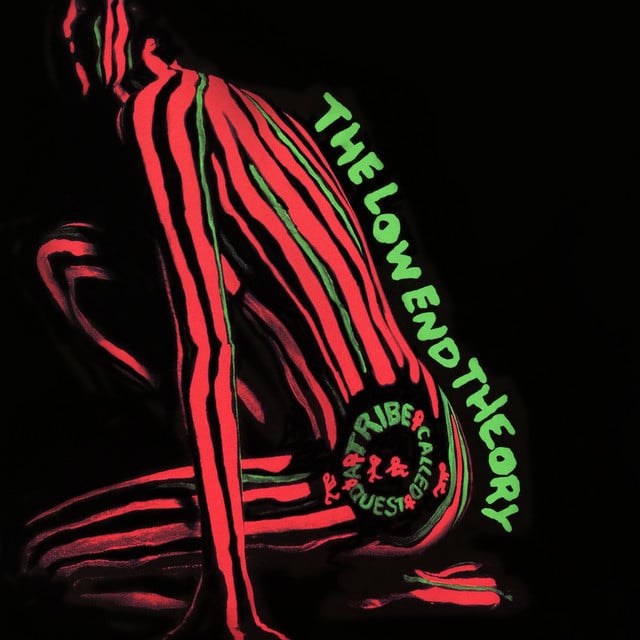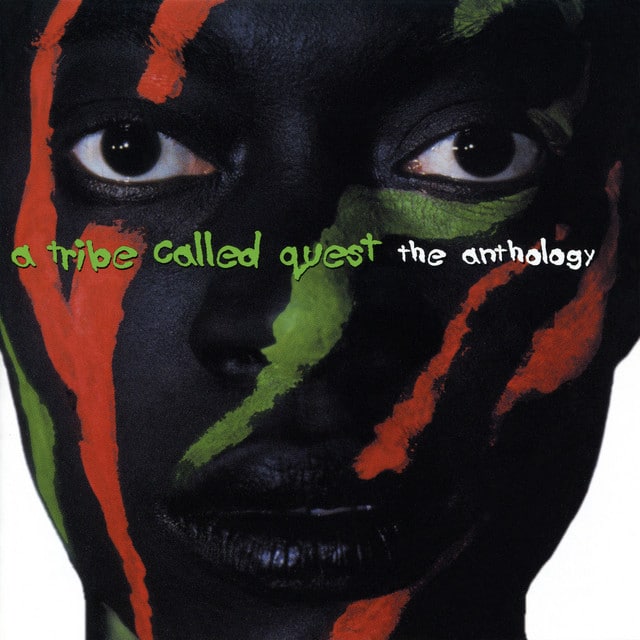Released: 1991
Get ready for a lyrical odyssey as we unpack A Tribe Called Quest’s “Excursions,” an alchemic mix of jazzy beats, astute rhymes, and reflective musings. This jam, which kicks off their seminal 1991 album “The Low End Theory,” is a profound exploration of self-identity, history, and the cyclical nature of music and culture.
The track opens with Q-Tip reflecting on his hip-hop origins, figuratively painting a bracing picture of his younger self, alluding to a time before he achieved fame. Our boy Q-Tip, a.k.a. The Abstract, got schooled in the jazz records played by his pops. A vivid memory folded into the lines spits an insightful dialogue between father and son about music’s cyclical nature.
The hook reprises the essence of the Tribe – their inherent genius for making sophisticated yet catchy tunes. The phrase, “You could find the Abstract,” tells how the group, particularly Q-Tip, is invested in the music discourse, embodying their consistent commitment to the hip-hop game. When Q-Tip drops, “Quest is for the bookin,” he is essentially saying that A Tribe Called Quest is available for gigs, subtly marketing their prowess and dedication.

The first verse spans a broad range of themes, from self-identity within a larger societal matrix to validating their artistic credibility. The “Black man, through black woman victim” phrase is a critique on society’s systemic racism and sexism, and The Tribe’s determination to relate their narrative truthfully, validating their existence amidst an oppressive system.
“The unit, yes, the unit, yes, the unit called the jazz is,” refers to how Tribe’s music is deeply ingrained with jazz influences, synergizing with Q-Tip’s earlier reference to his father’s Bebop records. This isn’t merely a rhetorical throwaway; it’s a testament to the group’s revolutionary blend of jazz elements within hip-hop a.k.a. Jazz Rap.
Q-Tip addresses the audience directly in “If you get the record, then your thoughts are adored”, seeking their intellectual participation, and validating their appreciation. It’s all about spit and respect in the Tribe’s universe. Pushing the celebratory ethos further, Q-Tip refers to Africa as “The Motherland,” underlining his pride in African heritage and the significance of the continent in African-American identity formation.
“If I get the credit, then I’ll think I deserve it / If you fake moves, don’t fix your mouth to word it” asserts their authenticity and sends a strong warning to posers in the hip-hop scene. The Tribe isn’t afraid to call out fake actions, elevating the essence of realness at the heart of the hip-hop ethos.
We find another element of A Tribe Called Quest’s artistry: their gift for social commentary, as they express the importance of positivity, the strive for longevity, and the pitfalls of falling prey to a hip-hop crime. They also emphasize the continuous, conscious effort for improvement, the “excursions,” and the path they are carving out within hip-hop.
The verse wraps up with a message of respect and an exploration of social codes. Q-Tip reiterates the importance of honesty and authenticity, espousing the belief that deceiving your kin or community won’t fly. His nod to literary giants, “The Abstract Poet, prominent like Shakespeare / Edgar Allan Poe,” is a self-affirmation of his lyrical prowess and the group’s role as leading figures in hip-hop storytelling.
Peeling back the layers of “Excursions,” we come face to face with The Tribe’s genius. Their thoughtful exploration of music’s cyclical nature, their affinity for jazz, their stern stance on integrity, and their commitment to positivity, all come together to create a monumental opening to “The Low End Theory”. So, we tip our hats to A Tribe Called Quest for their exceptional ability to strike the perfect chord between delivering a bop and giving us food for thought.








